Extension springs are helical wound springs that can be stretched for an increase in length. Because of the tension created in them due to extension, these are known as extension springs. Extension springs store mechanical energy and release it in the form of expansion. Each spring end is attached to the components. Read More…
Coiling Technologies, Inc. has the experience and expertise to design and engineer the custom springs to meet your specific requirements. We are a leading manufacturer of high-tech, specialized springs and we are committed to providing quality products with fast lead times. Our automated process allows us to produce the reliable springs you need.
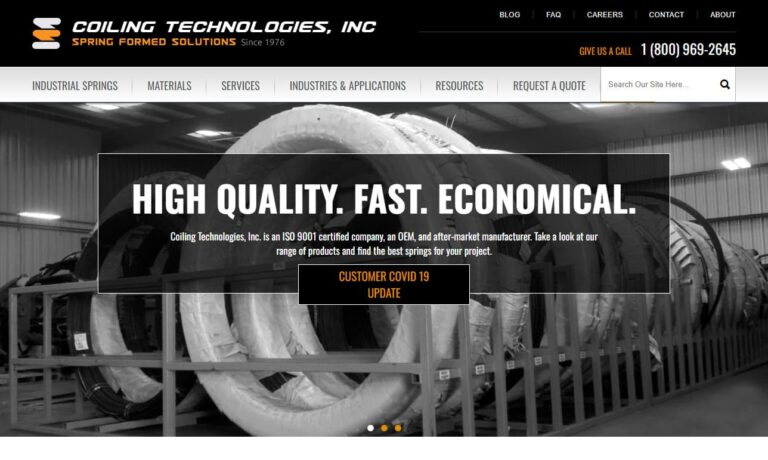
At Stalder Spring Works, we specialize in designing and manufacturing high-quality springs tailored to meet the diverse needs of our customers. With decades of experience, we have built a reputation for precision, durability, and reliability in every spring we produce. Our expertise covers a wide range of industries, ensuring that whether our customers require compression, extension, torsion, or...

At Sterling Springs LLC, we specialize in manufacturing a wide variety of high-quality springs for various industries and applications. Our product line includes compression springs, coil springs, torsion springs, extension springs, and industrial springs. We take pride in our capabilities to produce springs in a wide range of sizes and shapes, from tiny springs for delicate medical devices to...
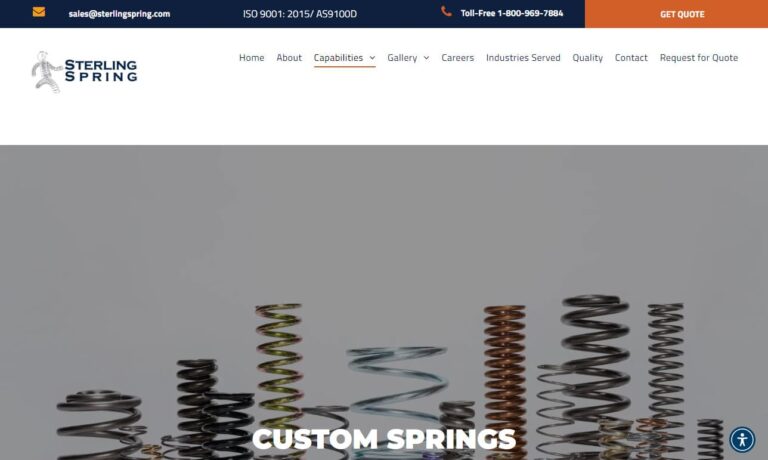
We offer years of combined experience and also provide production control, purchasing, and sales. We encourage creativity and empower both employees and customers. Our one-of-a-kind company provides many benefits for all our springs customers.
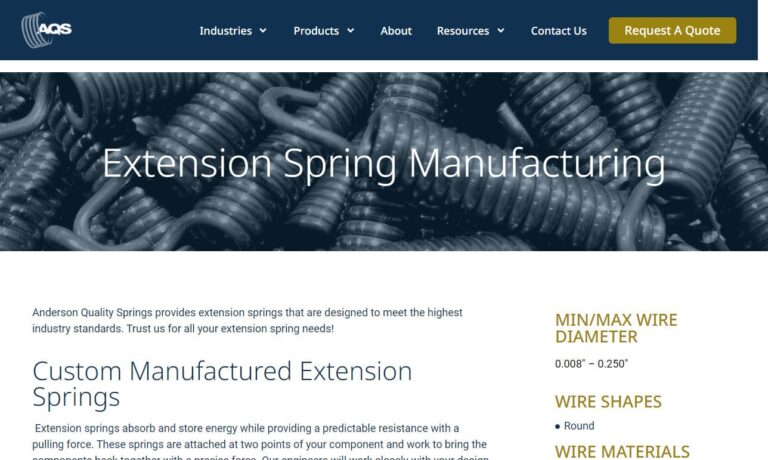
At C&F Wire Products, we dedicate ourselves to the precision design and manufacturing of springs that serve a wide range of industries and applications. With decades of experience, we have built our reputation on consistency, quality, and the ability to deliver solutions that meet the unique needs of our customers.
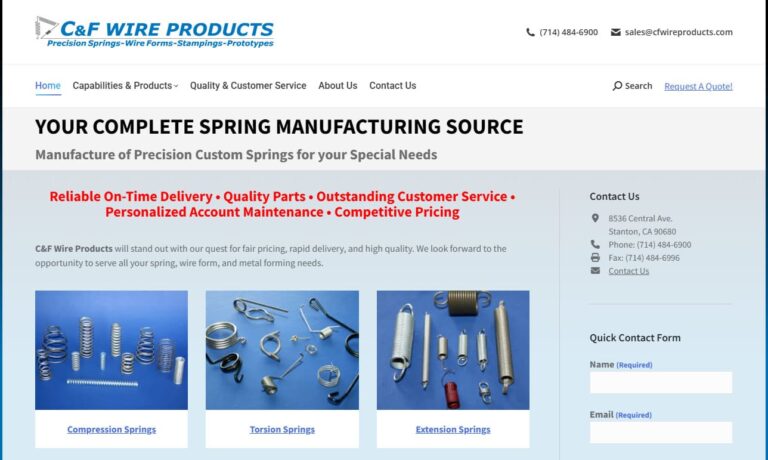
At Master Spring & Wire Form, we take pride in being a trusted manufacturer of precision springs and custom wire forms. We specialize in producing high-quality compression, extension, and torsion springs that serve a wide range of industries, from automotive and medical to electronics and industrial equipment.
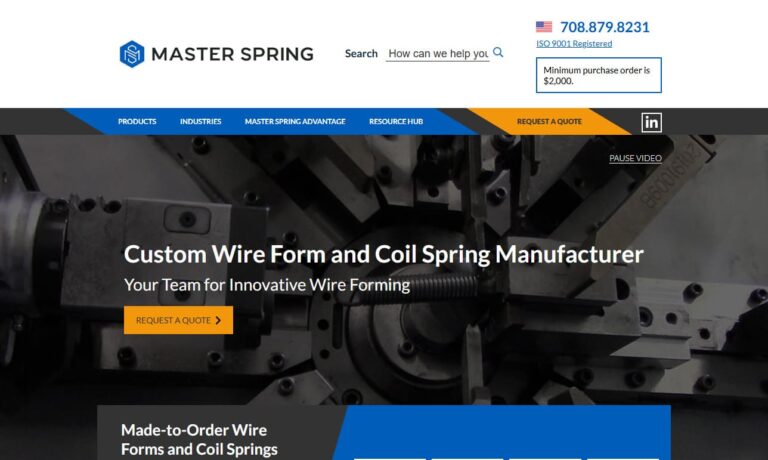
Action Spring has the experience and the expertise to manufacture dependable springs and wire forms for your application. Industries served include aerospace, electronics, recreational, and more. We can manufacture a variety of springs ranging in sizes from .003 to .500., and are able to produce almost any shape and size that a customer may need.
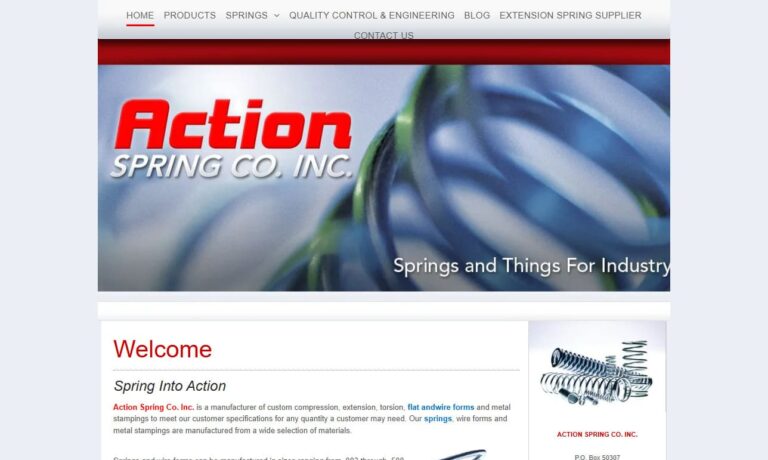
More Extension Spring Manufacturers
These components are pulled apart, and the extension spring tries to pull them back together. Extension springs have a hook at both ends that helps in fastening. There are many types of spring ends, such as open hooks, extended hooks, side hooks, and double full loops.

Materials Used for Extension Springs
Extension springs are generally cylindrical but can be customized according to one's needs. The most commonly used materials for manufacturing extension springs are:
High Carbon Steels
High carbon steel contains a high amount of carbon and hardens in contact with heat. Other types are music wire, hard-drawn MB, and oil tempered MB.
Stainless Steel
Stainless steel is ideal for manufacturing extension springs because these springs are economical, exhibit good corrosion resistance, and have good magnetic properties. Other types are SS302, SS304, and SS316.

Alloy Steel
Alloy steel is also a type of steel, but nickel, chromium, or molybdenum is alloyed to give hardness and rigidity to the material. Other types are oil tempered chrome vanadium and oil tempered chrome silicon.
Copper Alloys
Copper alloy is well known in the spring industry as they offer excellent corrosion resistance and great electrical conductivity. Other types are phosphor bronze, beryllium copper, brass, Monel 400, and Monel K 500.

Nickel Alloy
Nickel is in high demand because it can be alloyed with any other element and exhibits good heat resistance. These are durable, strong, and can withstand harsh environments. Other types are Inconel 600, Inconel 718, Inconel X 750, Elgiloy, NiSpan C, and Hastelloy.
Manufacturing Process of Extension Springs
The manufacturing process of extension springs is quite simple, but some variations can be seen according to the type of spring being manufactured. The process consists of three steps:
Winding
The first step is the spring winding, in which the spring is fed into the machinery to straighten it up and give it the desired shape. The other steps are:
- The coiling is done by feeding the wire into a CNC machine to coil it into a spring.
- The forming process is done by the forming machine, which has six to eight tooling sides that convert the wire into the desired shape.
- The wire is then transferred into the CNC wire bender for bending.

Heat Treating
Heat treatment is the stress-relieving process when the spring is sent to the heated conveyor belt. In the oven, the wire is heated for a maximum time and temperature. The heated spring is then sent to the receiving box for cooling.

Coating and Finishing
The last manufacturing step is the coating and finishing of the springs. The spring is coated with different materials to give durability, heat, and corrosion resistance to the spring. The coating is done by shot peening, powder coating, and plating.
Types of Extension Springs
Extension springs are categorized based on end types or hooks attached to them. The hooks or spring ends are designed according to the type of application they are used in. However, customization of hook types is also available. Some of the types are as follows:
Machine and Crossover Center Hooks
- These are the most common types of extension springs.
- The machine hooks are directly formed from the spring and then circle across the spring end center.
- These are stronger than crossover center hooks because of the smaller bending radius.
- The crossover center hooks are bent across the center, forming a circle on the end.
Side and Extended Hooks
- These are more economical than crossover hooks and are formed by bending the spring's last coil.
- This bending offsets the spring and provides tension.
- Both extended hook and side hook are similar in use, but the difference is that the bending happens with a gap, giving a shorter coil body.
Double-loop and No Hooks
- The double-loop end has two coils without a gap between the coil and the end of the wire.
- This prevents spring breakage and gives more strength to the spring.
- The spring with no hooks has no stress and fatigue on its ends.
- It is more economical, has a better life cycle, and has a good pulling force.

Applications of Extension Springs
Extension springs are widely used in our daily life. There are a variety of functions that these springs offer. Extension springs are used in automotives, medical equipment, washing machines, pliers, toys, garage doors, trampolines, farming equipment, baby carriages, fence gates, and many more products.
Choosing the Proper Extension Spring Supplier
To make sure you have the most beneficial outcome when purchasing extension springs from an extension spring supplier, it is important to compare at least 5 companies using our list of extension spring suppliers. Each extension spring supplier has a business profile page that highlights their areas of experience and capabilities and a contact form to directly communicate with the supplier for more information or request a quote, Review each extension spring company website using our patented website previewer to get an idea of what each extension spring business specializes in, and then use our simple RFQ form to contact multiple extension spring companies with the same quote.


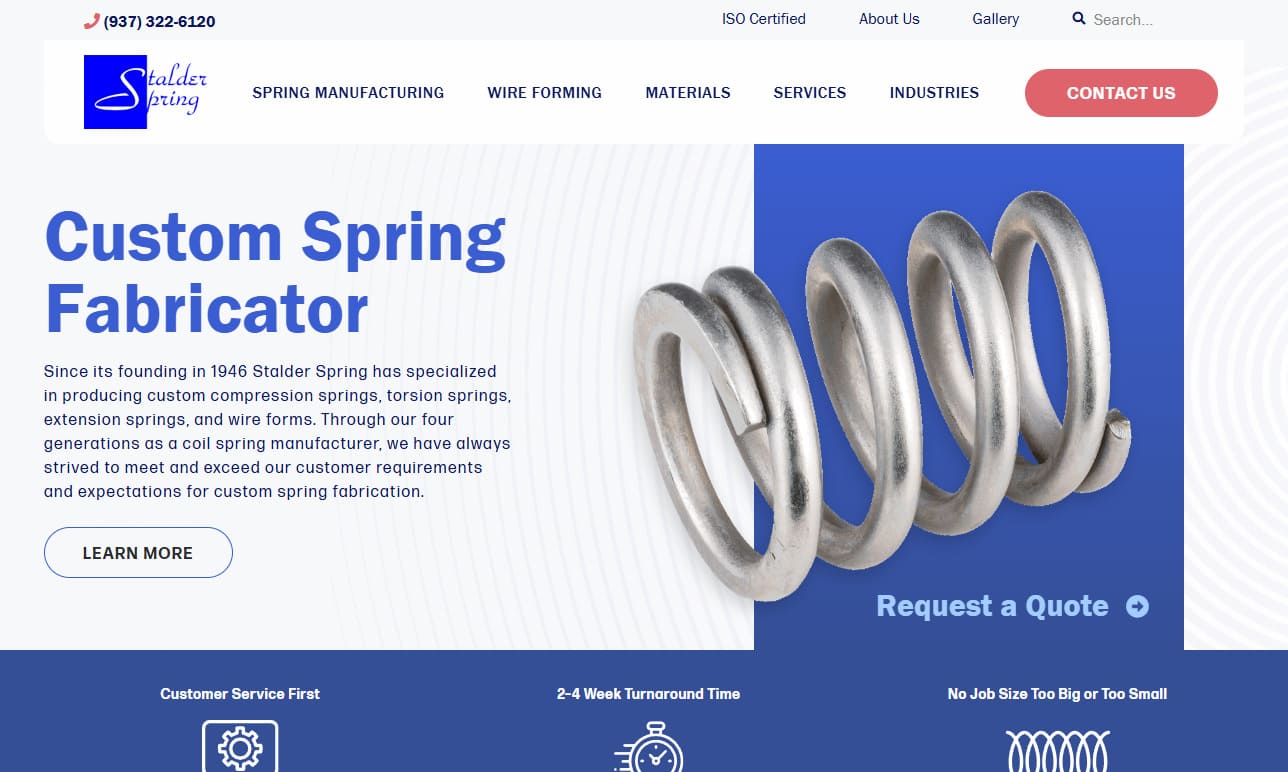
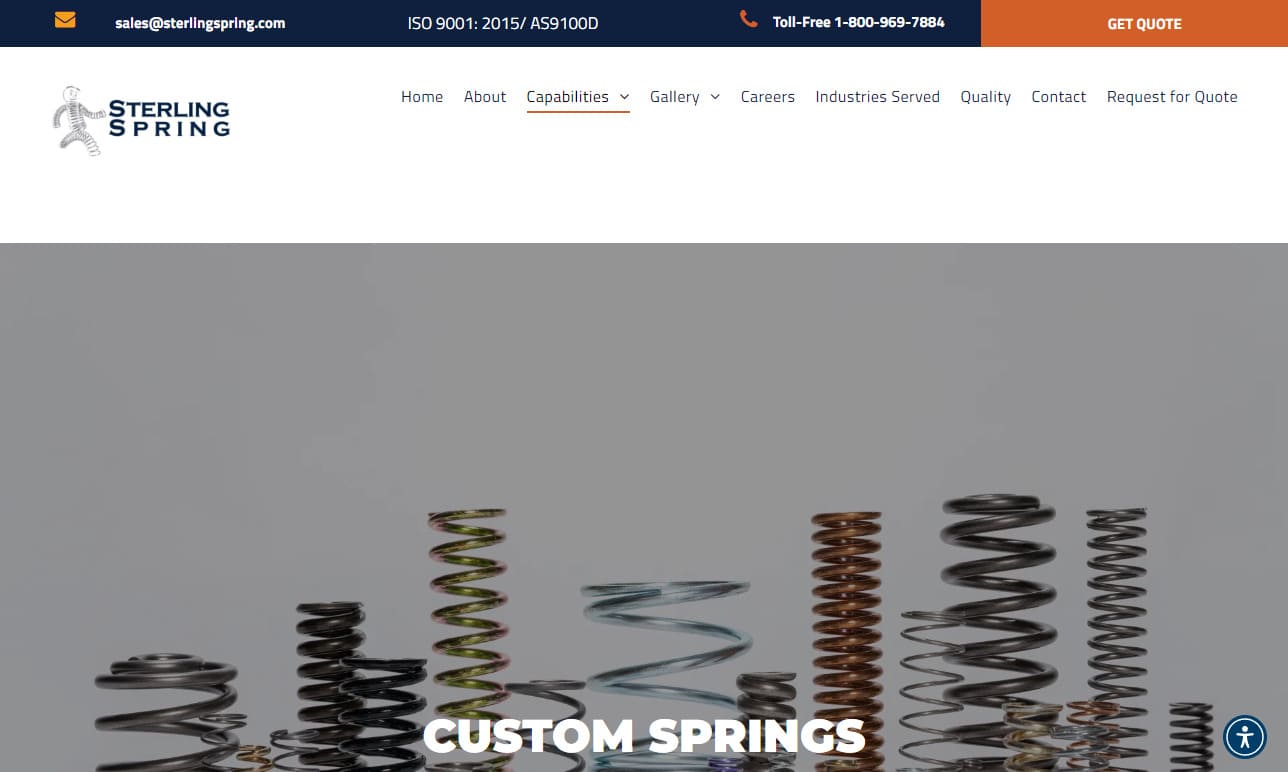

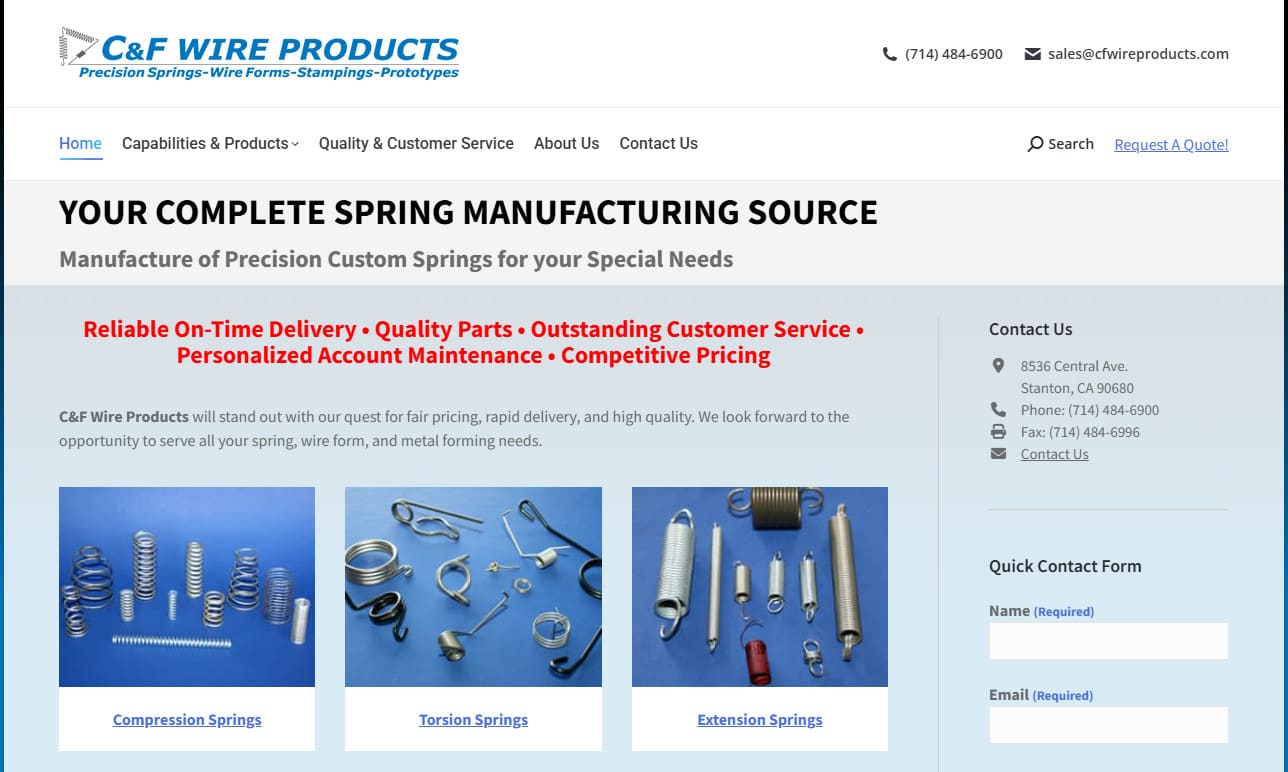
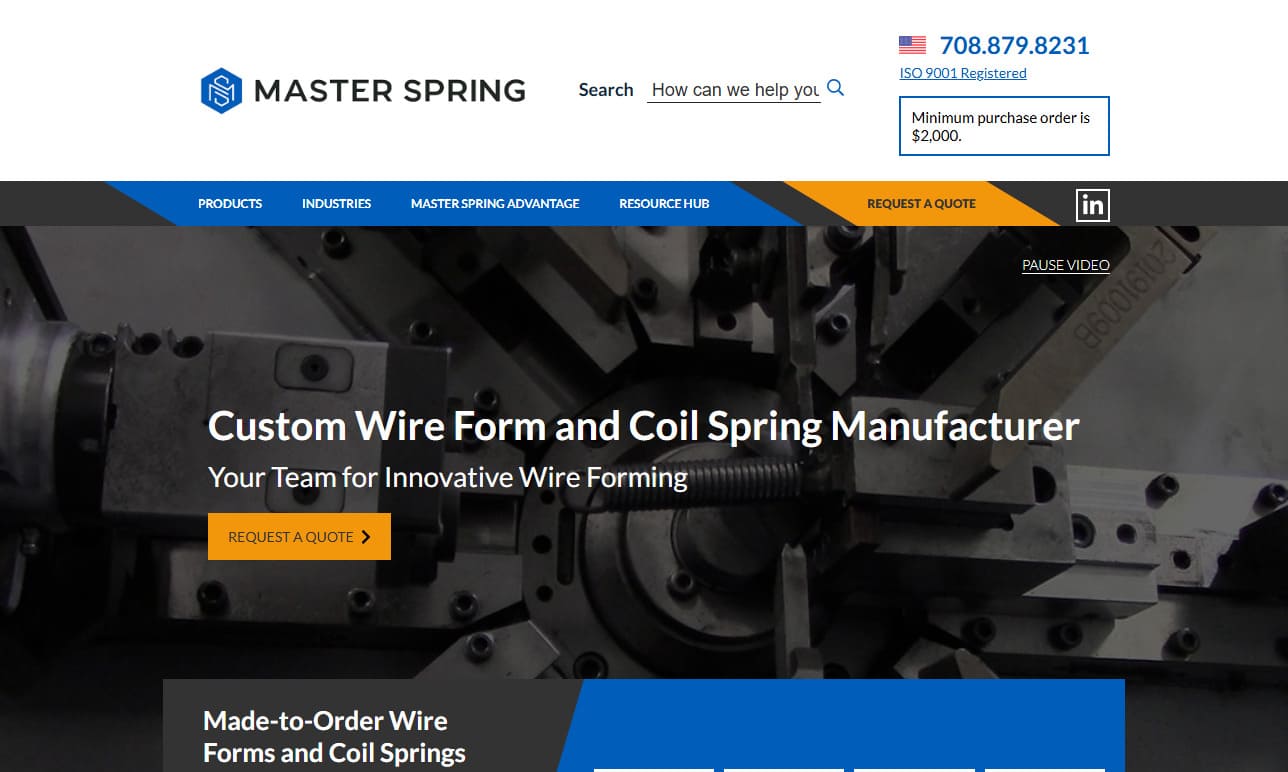
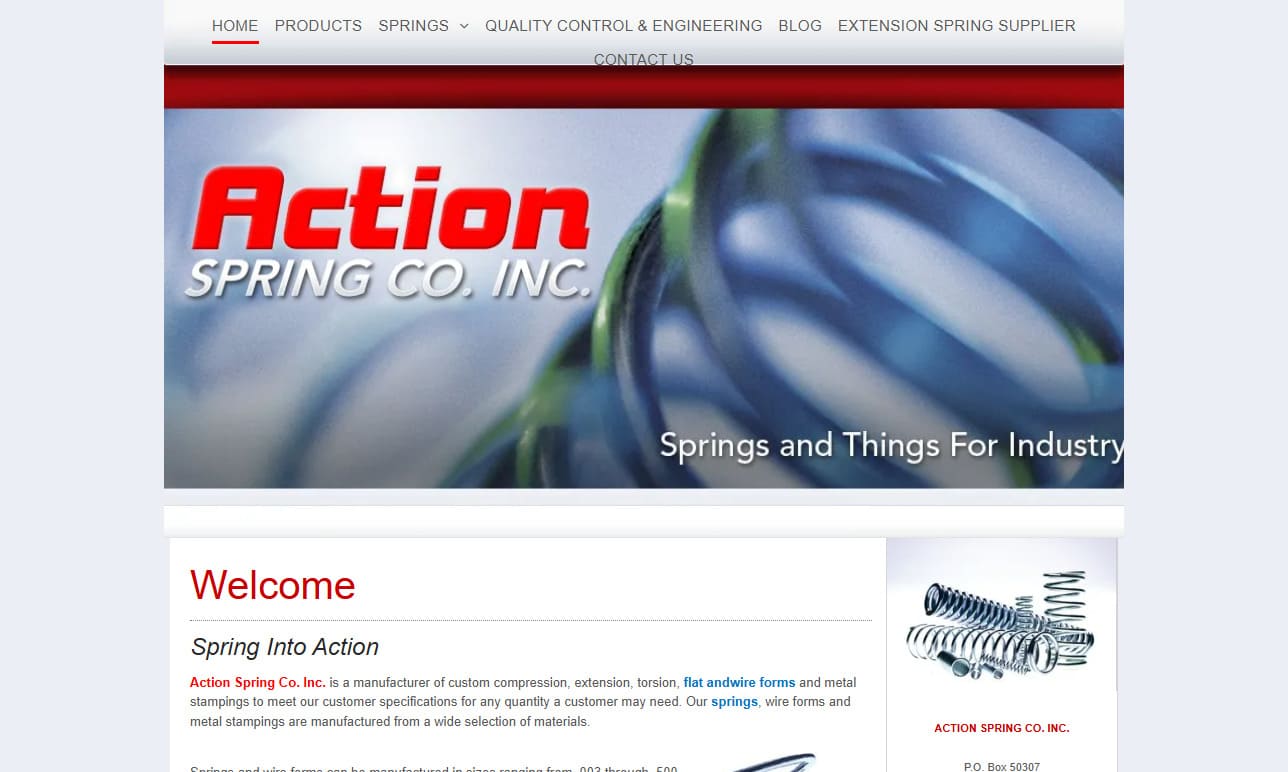




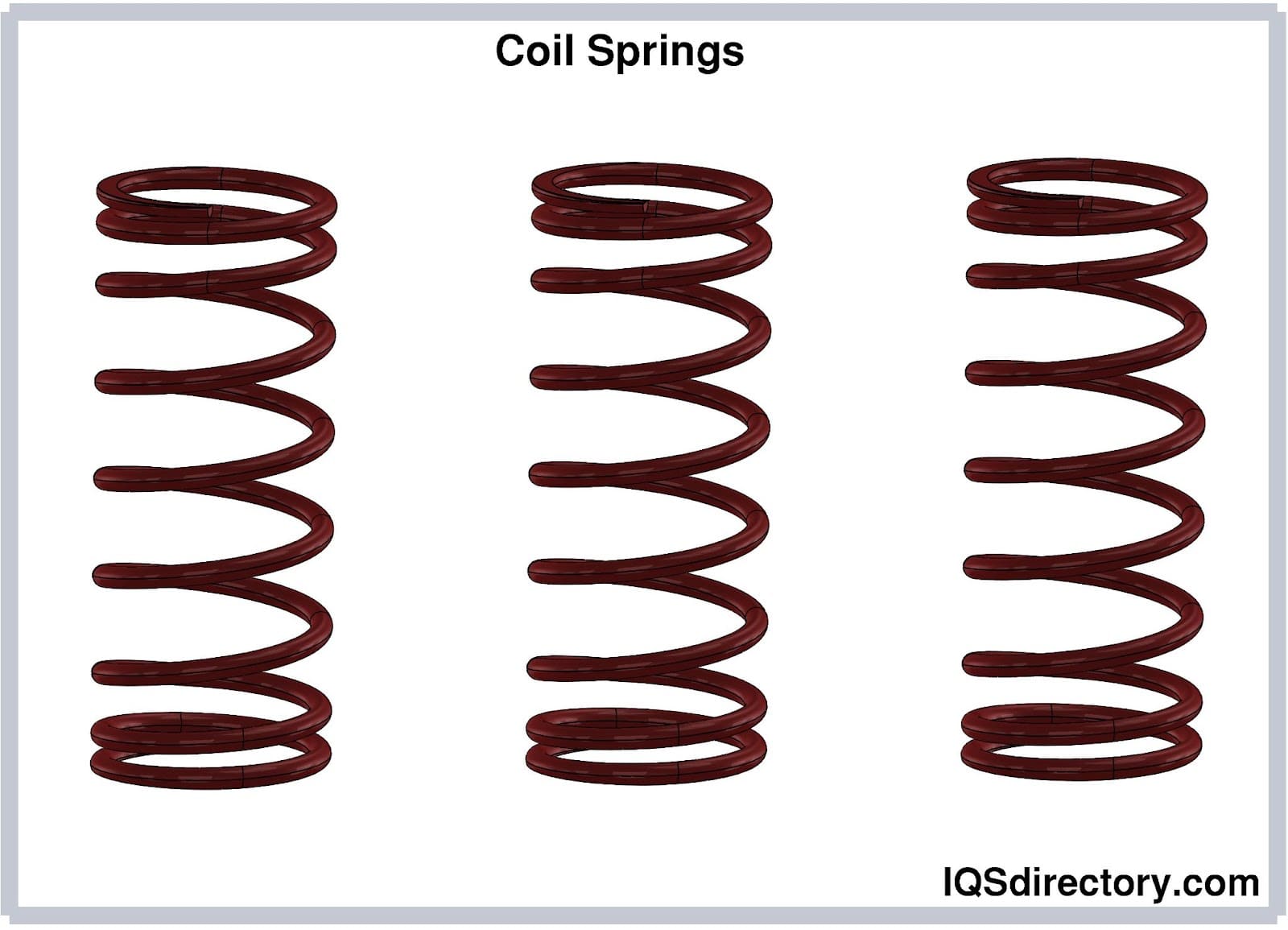
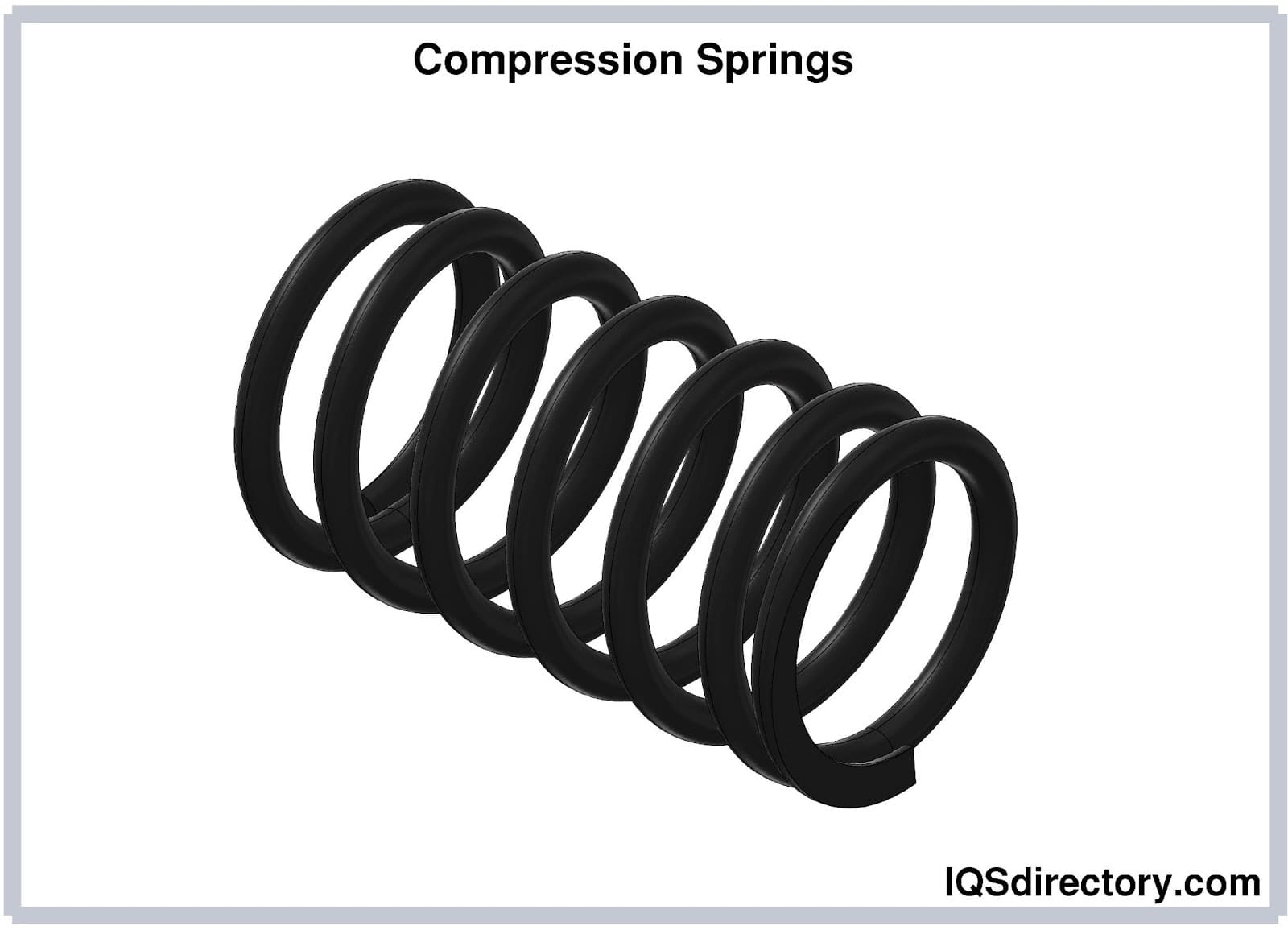
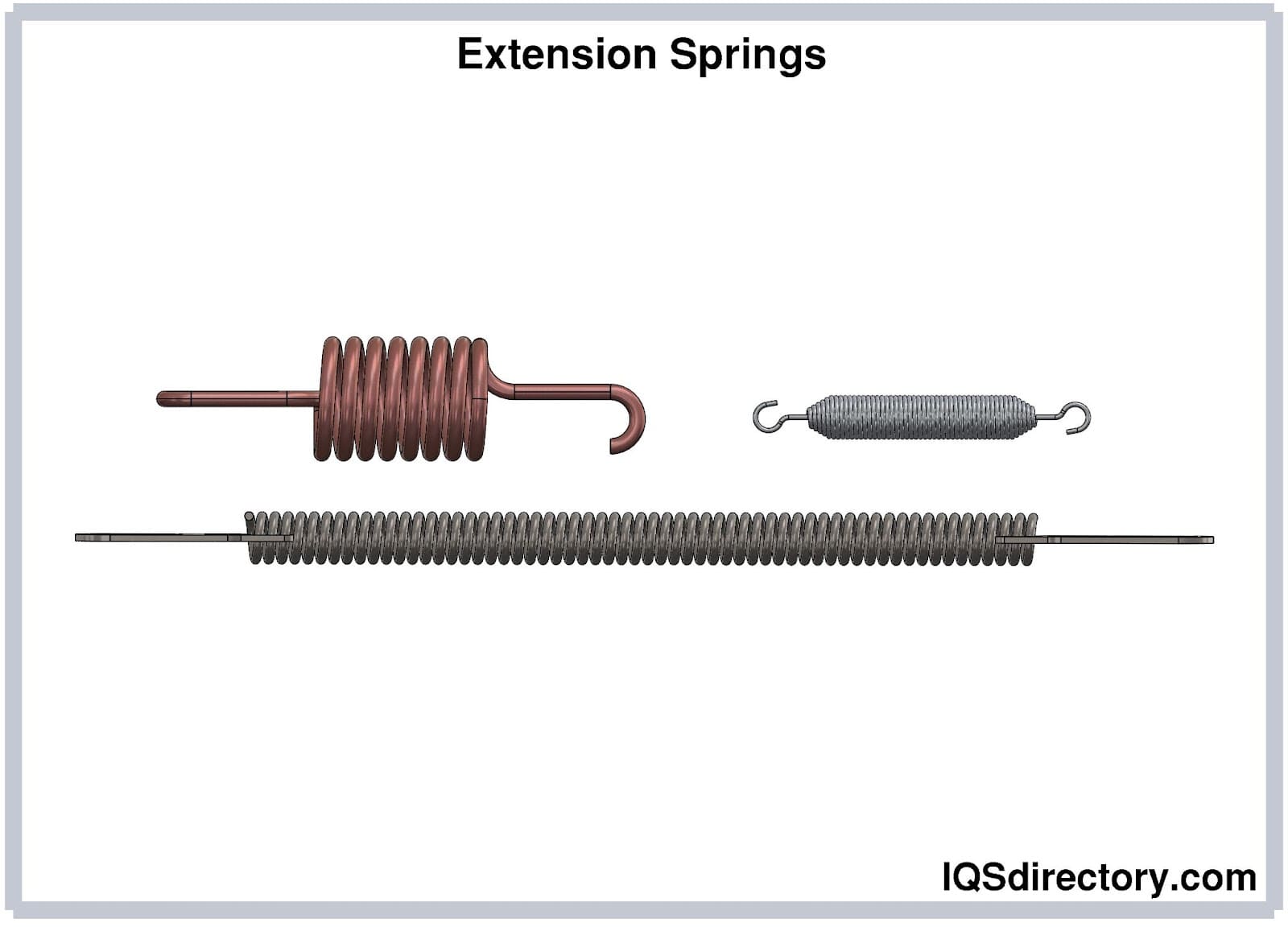
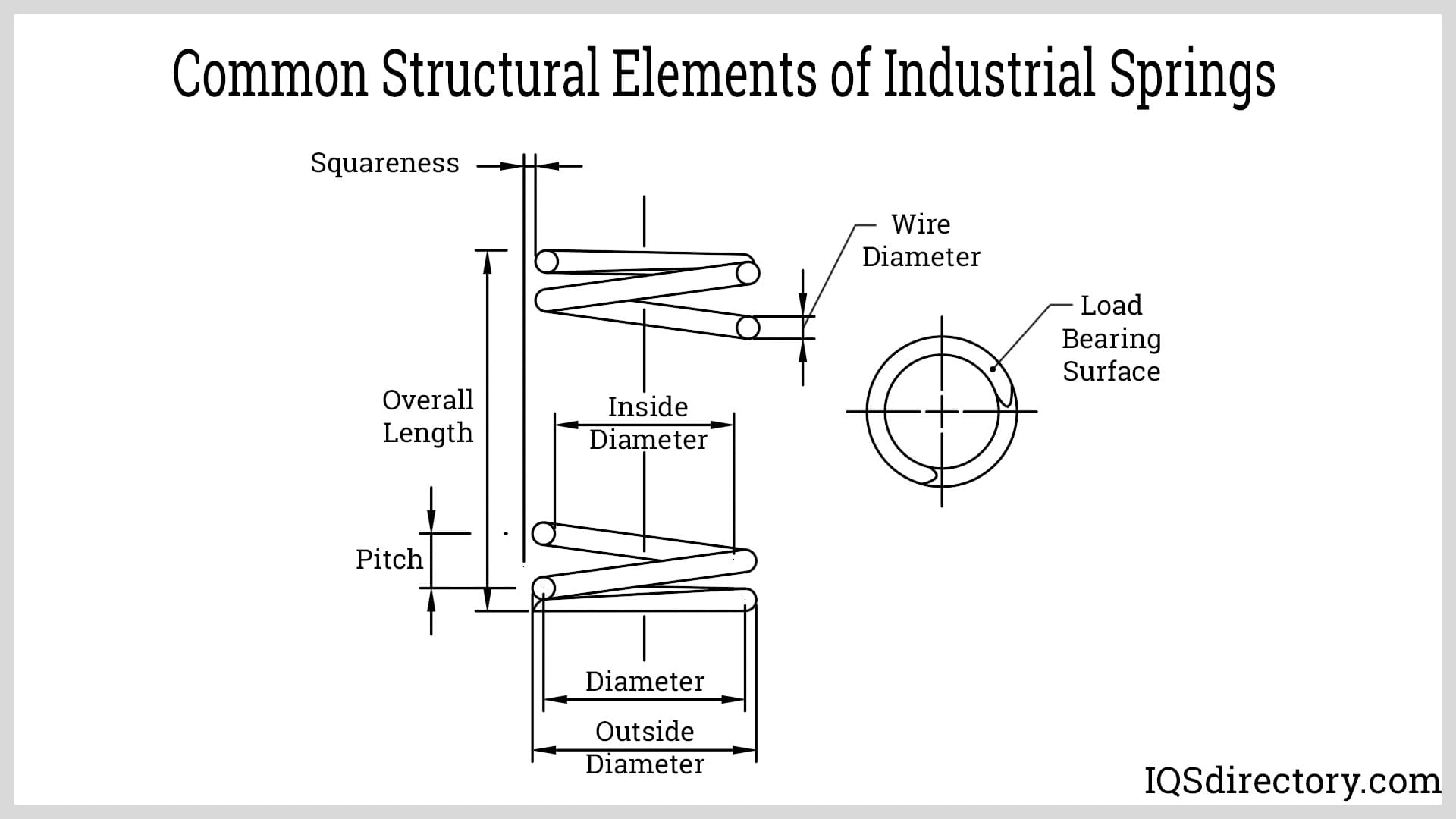
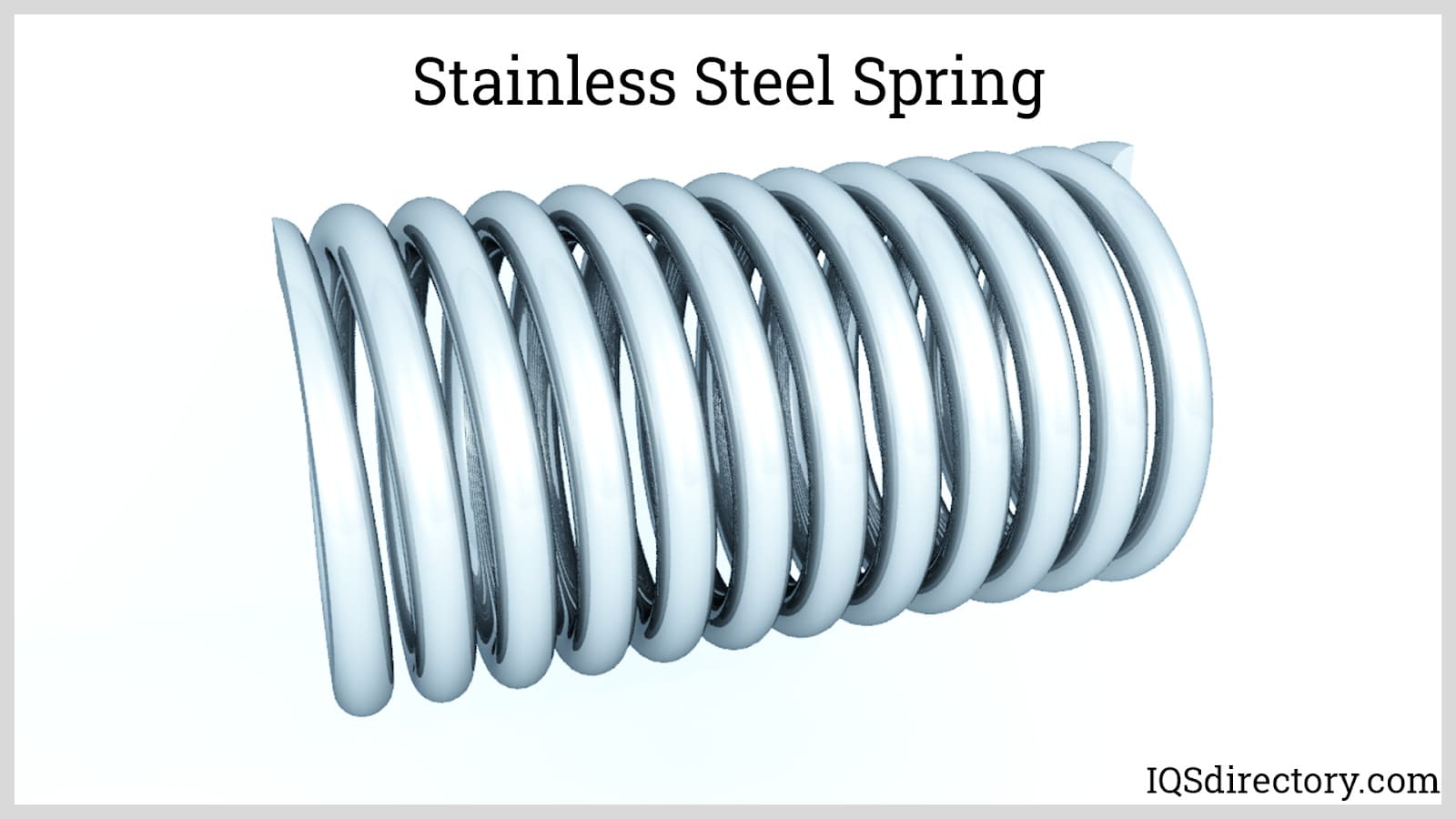
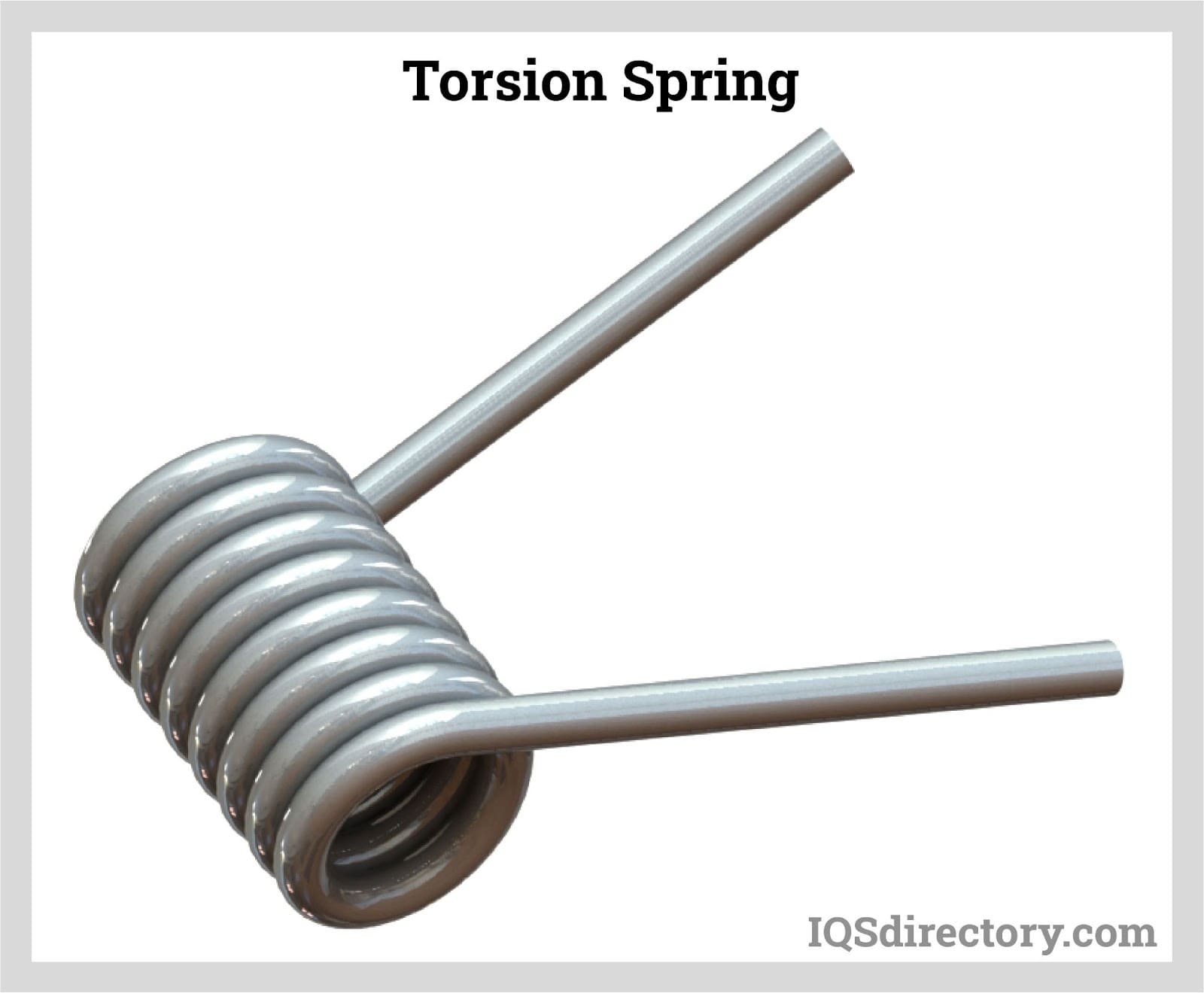
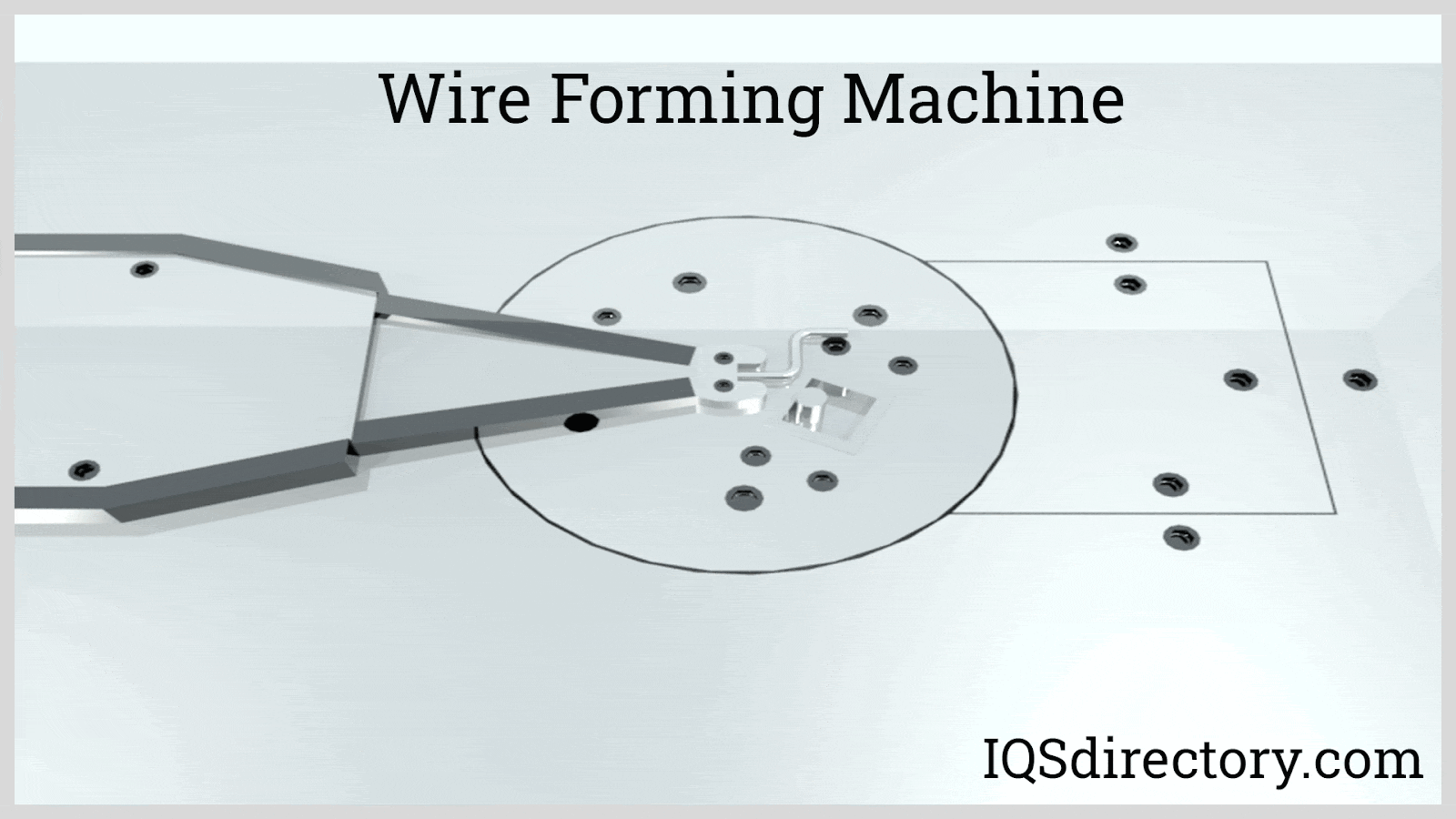
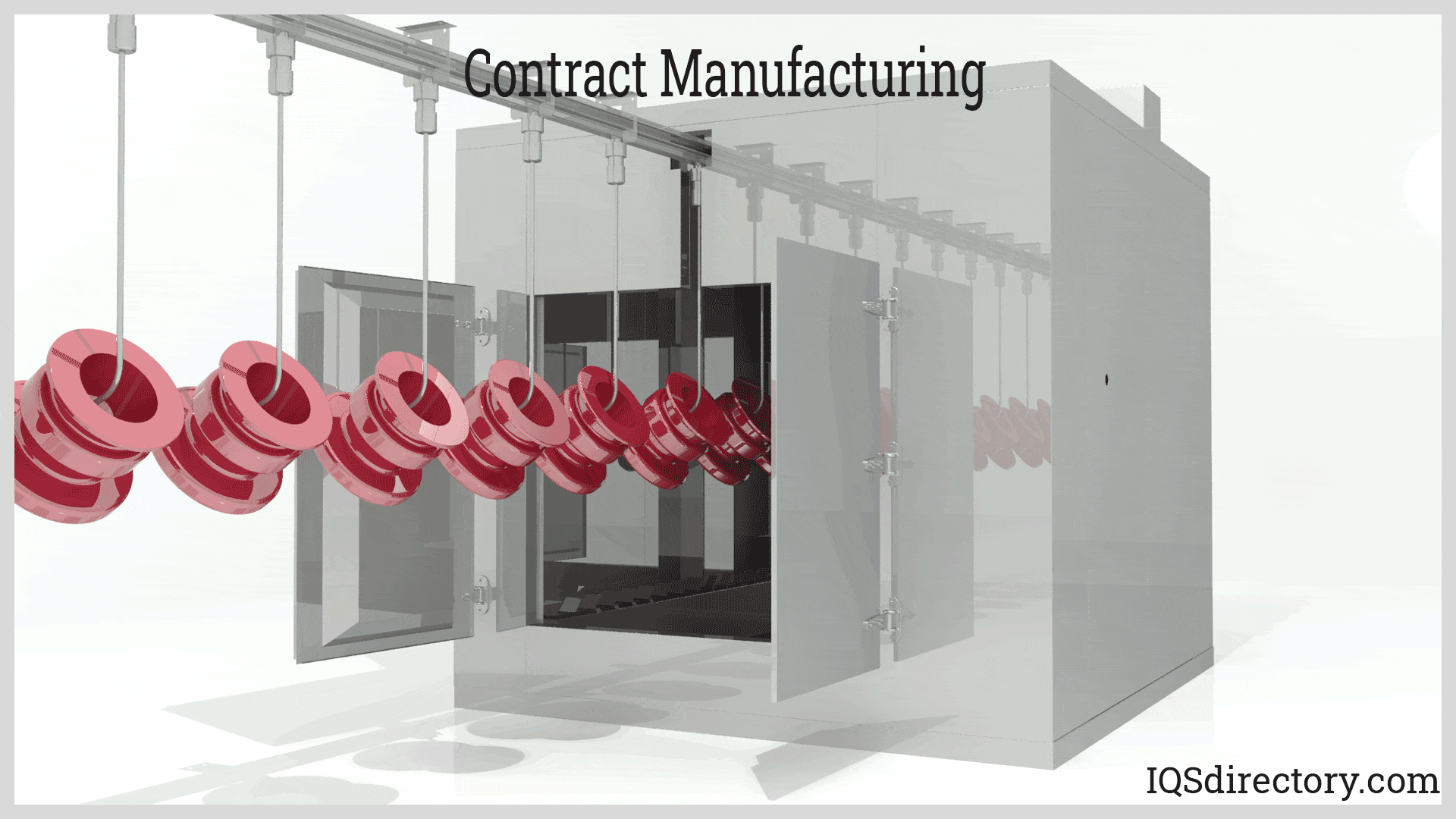
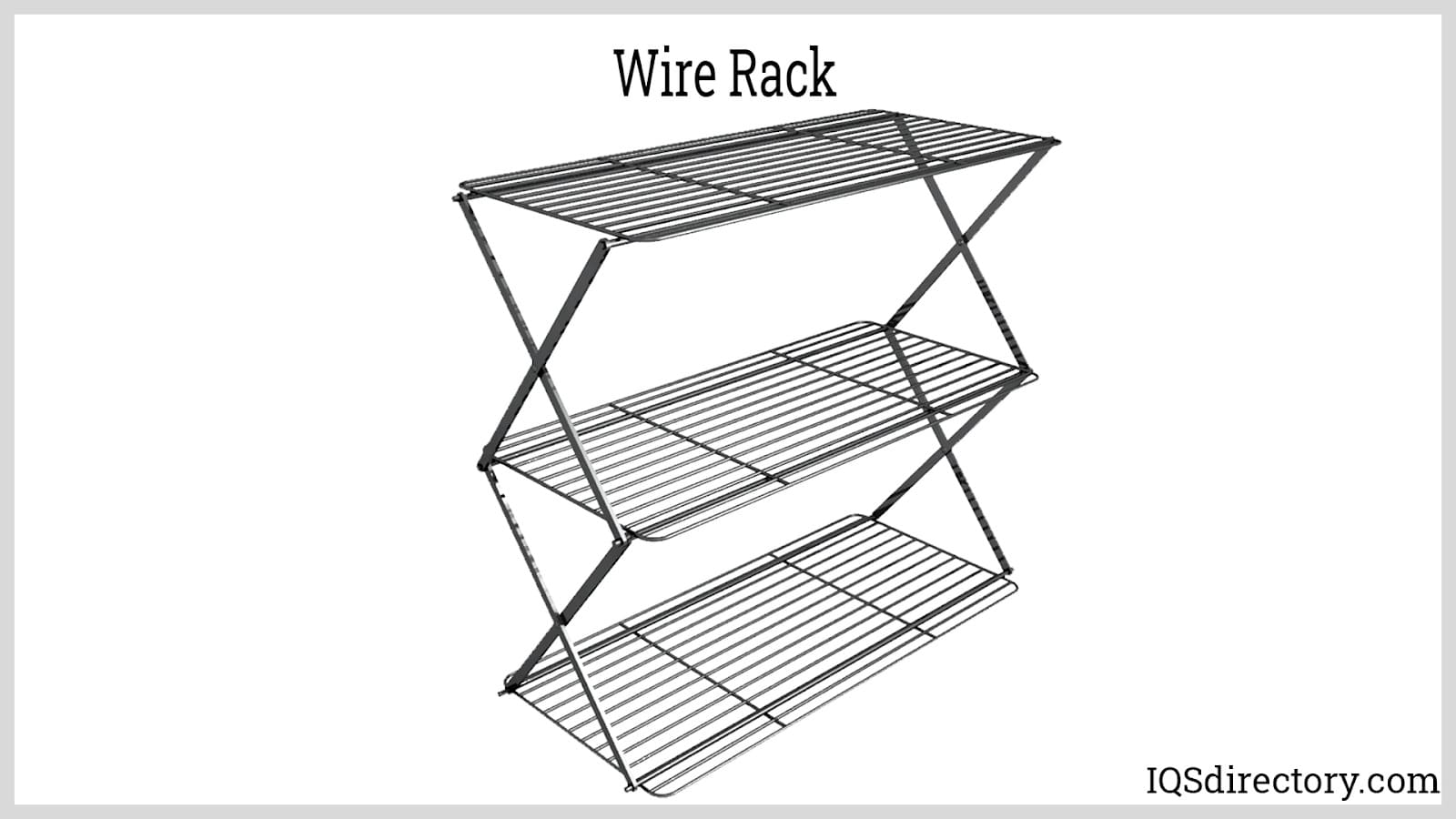
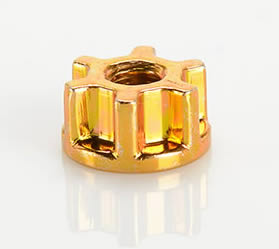 Cold Headed Parts
Cold Headed Parts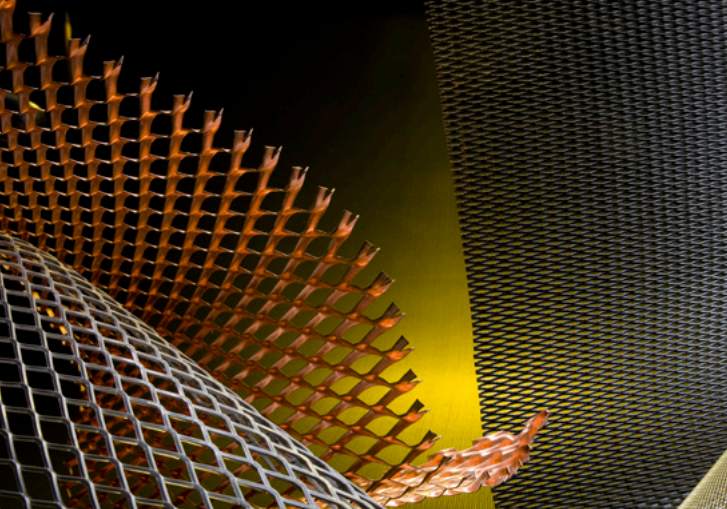 Expanded Metals
Expanded Metals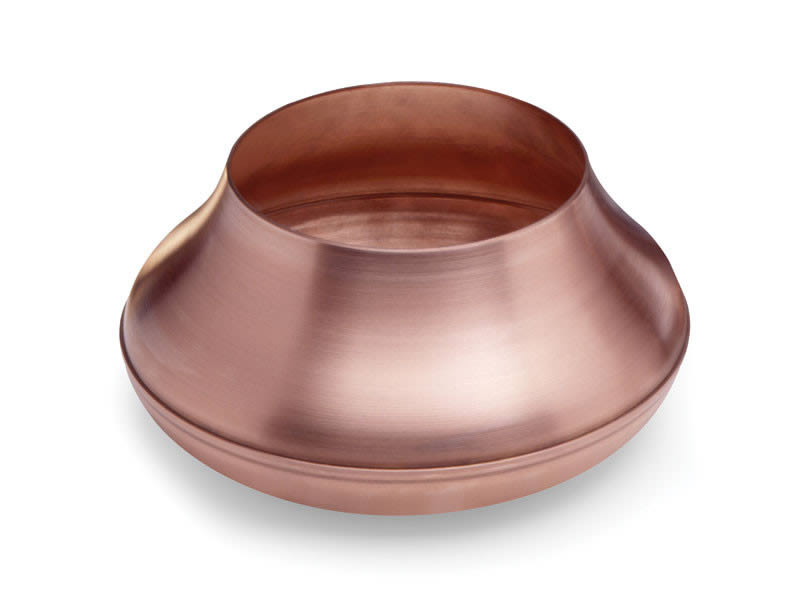 Metal Spinning
Metal Spinning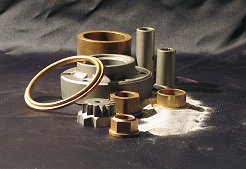 Powdered Metal Parts
Powdered Metal Parts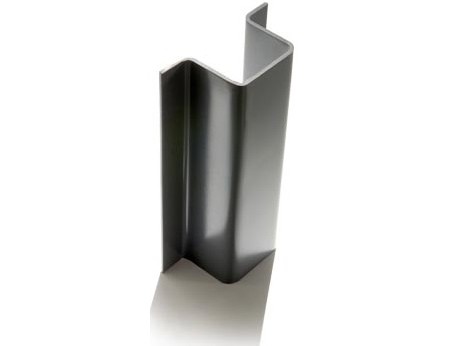 Roll Forming
Roll Forming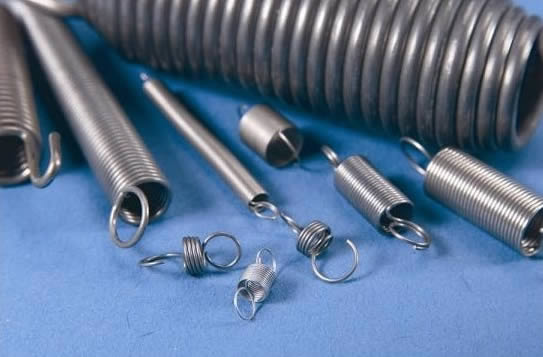 Springs
Springs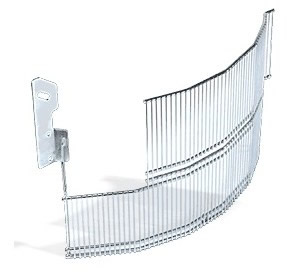 Wire Forms
Wire Forms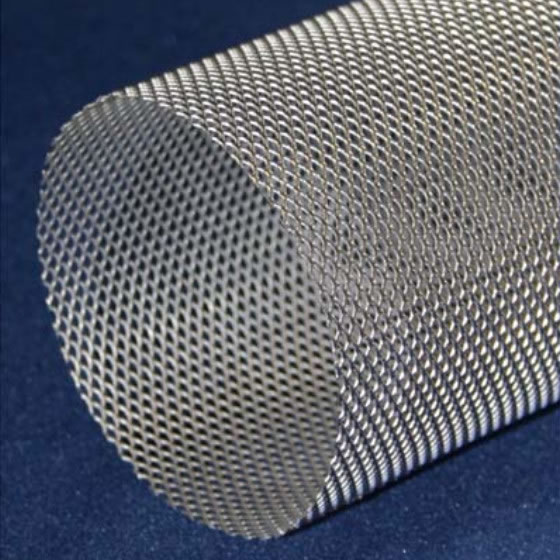 Wire Mesh
Wire Mesh Castings & Forgings
Castings & Forgings Bulk Material Handling
Bulk Material Handling Electrical & Electronic Components
Electrical & Electronic Components Flow Instrumentation
Flow Instrumentation Hardware
Hardware Material Handling Equipment
Material Handling Equipment Metal Cutting Services
Metal Cutting Services Metal Forming Services
Metal Forming Services Metal Suppliers
Metal Suppliers Motion Control Products
Motion Control Products Plant & Facility Equipment
Plant & Facility Equipment Plant & Facility Supplies
Plant & Facility Supplies Plastic Molding Processes
Plastic Molding Processes Pumps & Valves
Pumps & Valves Recycling Equipment
Recycling Equipment Rubber Products & Services
Rubber Products & Services